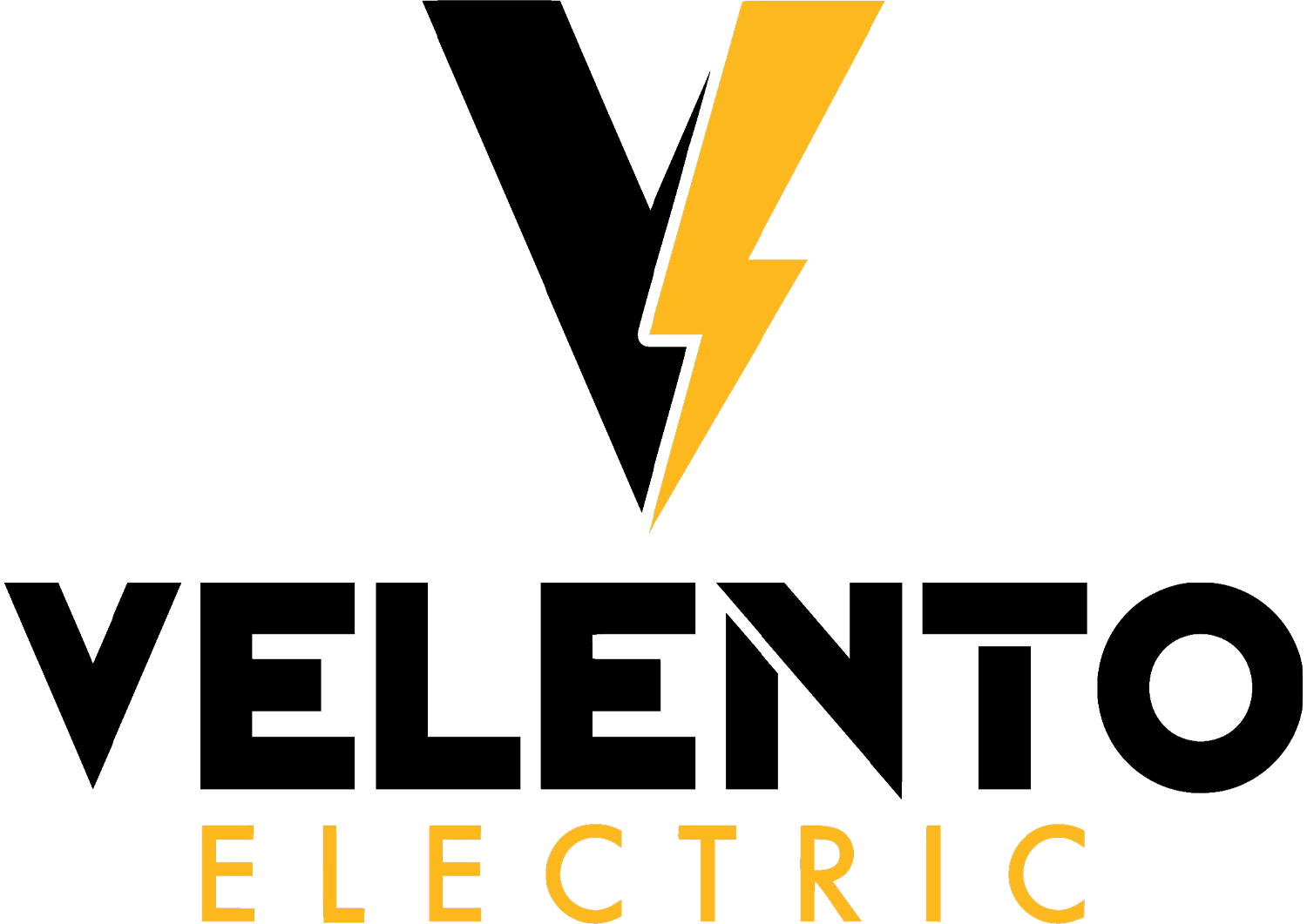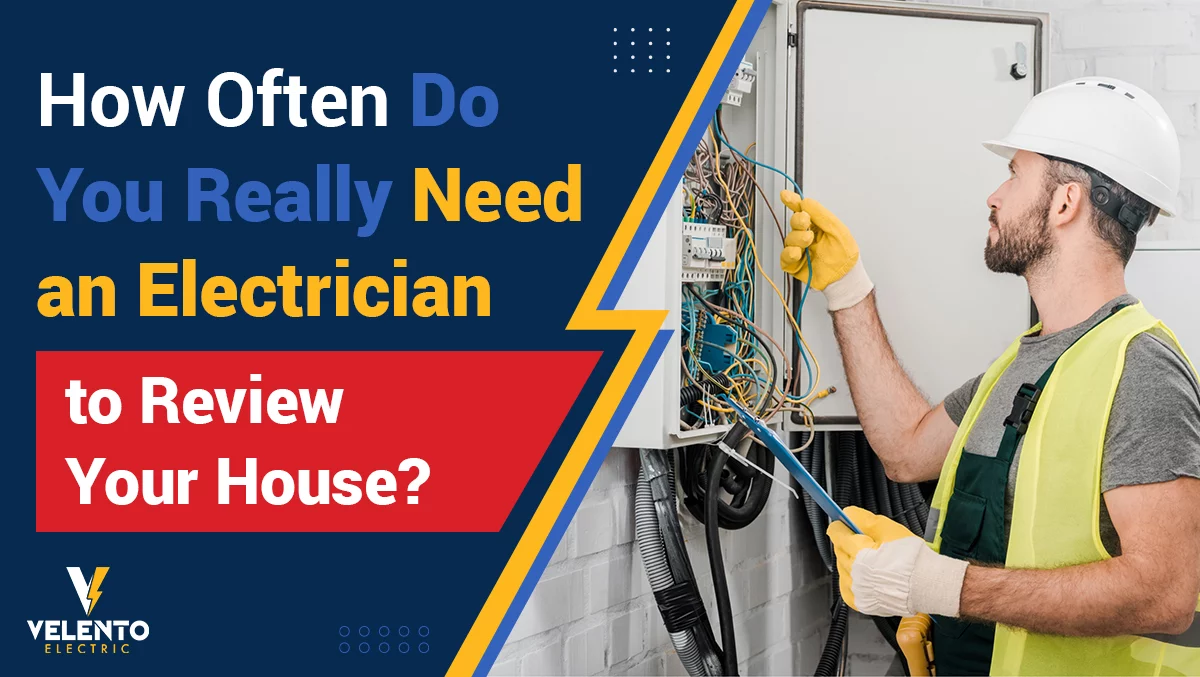Having an electrician review your home is essential for ensuring electrical safety, preventing hazards, and maintaining system efficiency. Here’s a guide to how often you may need an electrician to assess your home:
- Routine Inspections: Every 3-5 Years
- In general, it’s recommended to have an electrician inspect your home’s electrical system every 3-5 years. This ensures that wiring, outlets, and panels are up-to-date and that there are no signs of wear or potential hazards. This is especially important in older homes where wiring may have aged.
- After Major Renovations or Remodeling
- If you’ve recently renovated or remodeled, it’s a good idea to have an electrician review your system. Any additions or changes to your home’s structure or layout can impact the electrical system, so an inspection ensures that everything is functioning safely.
- When Purchasing a New Home
- A professional inspection is essential when buying a new home, especially if it’s an older property. This helps identify any outdated wiring, faulty circuits, or potential code violations that may need immediate attention.
- If You Notice Warning Signs
- Certain signs indicate you need an electrician sooner rather than later:
- Frequent circuit breaker trips
- Flickering lights or dimming when using appliances
- Outlets that are warm to the touch or have scorch marks
- Burning smells near outlets or switches
- Buzzing sounds from electrical panels or outlets
- If you notice any of these issues, contact an electrician immediately, as they could be signs of serious underlying problems.
- In Homes Over 40 Years Old: Every 1-2 Years
- Electrical systems in older homes may need more frequent reviews due to outdated wiring or components. Homes built before modern electrical codes (around the 1980s) may have wiring that no longer meets safety standards, so annual or biennial checks are recommended.
- If You’re Using High-Energy Appliances
- Homes with multiple high-power appliances (like electric stoves, HVAC systems, electric vehicles, or multiple entertainment systems) place a greater load on the electrical system. An inspection ensures your system can handle the demand and may identify any need for upgrades.
- Following a Severe Weather Event
- After major storms or natural events (such as floods, lightning, or heavy snowfall), it’s wise to have your home’s electrical system checked. Water or physical damage can compromise wiring, and prompt attention can help avoid further issues.
- Before and After Installing Smart Home Devices
- When installing smart home devices that integrate with your electrical system (e.g., security systems, automated lighting, or thermostats), an electrician can ensure the wiring and connections are compatible and safe.
- Before Adding New Electrical Circuits or Outlets
- If you’re planning to add new circuits, outlets, or switches, an electrician should assess your existing system to ensure it can handle the additional load. An inspection beforehand can also reveal if your home’s wiring or breaker panel needs upgrades to support the expansion safely.
- If You’re Experiencing High Energy Bills
- Unexpectedly high energy bills can sometimes indicate inefficient electrical systems or hidden issues, such as faulty wiring or outdated appliances. An electrician can assess your system to identify energy drains or recommend more efficient configurations, ultimately saving on utility costs.
- Before Installing Renewable Energy Sources
- If you’re considering renewable energy sources, such as solar panels, a wind turbine, or even battery storage systems, having an electrician review your current setup is essential. This ensures the compatibility and safety of integrating these systems with your existing electrical infrastructure.
- When Updating Safety Features Like Smoke and Carbon Monoxide Detectors
- When installing or upgrading smoke detectors, carbon monoxide detectors, or even home security systems, an electrician can ensure they’re properly wired and working in sync with your home’s electrical system. This is especially important for hard-wired detectors, which require proper integration into your home’s circuitry.
- To Ensure Electrical Compliance with Local Codes
- Many local regulations and codes regarding electrical safety are updated frequently. An electrician can ensure your home remains compliant, particularly if you’re planning to sell or rent your property. Non-compliance with electrical codes can pose risks and affect property values or potential sales.
- If You’re Considering a Home Office or Remote Work Setup
- With the increase in remote work, many homes require additional outlets, stable power sources for computers, and power for internet equipment. An electrician can review your setup, ensuring sufficient power supply, surge protection, and outlet placement.
- For Preventative Maintenance in High-Tech or Automated Homes
- Homes with advanced automation and high-tech systems often benefit from yearly or bi-yearly inspections. Preventative maintenance by an electrician helps ensure these complex systems function smoothly and can detect potential issues early, preventing costly repairs.
- For Regular Inspection of GFCI and AFCI Outlets
- Ground Fault Circuit Interrupters (GFCI) and Arc Fault Circuit Interrupters (AFCI) are safety outlets required in wet or high-risk areas, like bathrooms, kitchens, and laundry rooms. These should be tested periodically, and an electrician can ensure they’re functioning properly to provide protection against electrical shocks and fire hazards.
- If You Suspect Outdated Wiring or Aluminum Wiring
- Older homes may have wiring that is no longer considered safe, such as aluminum wiring. If you suspect your home has aluminum or outdated wiring, an electrician can inspect and advise on potential replacement or upgrades to ensure safety and code compliance.
- If You Notice Flickering or Dimmed Lights When Using Appliances
- Lights flickering or dimming when appliances are running can indicate a strain on the electrical system or faulty circuits. This may be due to overloaded circuits or even outdated wiring. Regular inspections can identify and address these issues to prevent future problems.
- If You’re Experiencing Circuit Breaker Trips More Frequently
- Circuit breakers are designed to trip to prevent overload, but if you’re experiencing frequent trips, it may indicate an issue with your electrical system. An electrician can investigate the cause, whether it’s overloaded circuits, faulty breakers, or wiring issues, ensuring your system runs smoothly.
- To Protect Against Electrical Fire Risks
- Regular electrical inspections are one of the best ways to protect your home from electrical fires. An electrician can check for hot outlets, frayed wires, and signs of potential hazards, providing peace of mind that your system is safe.
- If You’re Adding Outdoor Lighting or Electrical Features
- Installing outdoor lighting, security systems, or other electrical features like a pool pump or hot tub requires careful planning. An electrician can ensure these additions are safely wired and weather-resistant, reducing risks of electrical shock, especially in wet or exposed environments.
- When Wiring for Electric Vehicle (EV) Charging
- Adding an EV charging station at home requires sufficient electrical capacity and may need an upgrade to the circuit panel. An electrician can assess if your home’s electrical system can handle the additional load and safely install the charging equipment.
- During Seasonal or Holiday Lighting Installations
- While not always necessary, having an electrician review your outdoor outlets and circuits before setting up large holiday displays can prevent overloads, especially when adding more lighting and decorations than usual.
- If You Experience Frequent Appliance Malfunctions
- Electrical issues can sometimes cause appliances to malfunction or shut off unexpectedly. An inspection by an electrician can help identify whether the problem is with the wiring, circuits, or outlet voltage, preventing damage to appliances and protecting your investment.
- Before Installing a Home Generator
- If you live in an area prone to power outages and are considering a home generator, an electrician can ensure it is safely integrated with your home’s electrical system. Proper installation protects against backfeeding, which can be dangerous to both your home and utility workers.
- When Upgrading Home Entertainment Systems
- High-powered audio and video equipment can put significant demand on electrical circuits. An electrician can evaluate and upgrade your system to handle the load without risking power surges, flickering lights, or tripped breakers.
- To Inspect Electrical Components Affected by Rodents or Pests
- Rodents and pests can chew through wiring, creating serious fire hazards. If you suspect pest activity or visible signs of damage, an electrician can inspect and replace compromised wiring, keeping your home safe.
- To Ensure Childproofing and Pet-Proofing Measures
- If you have small children or pets, an electrician can help childproof or pet-proof outlets, wires, and cords. Installing tamper-resistant outlets and securing cords can provide peace of mind and prevent accidents.
- When Adding New Smart Devices or Home Automation Systems
- As homes incorporate more smart devices, electrical systems can be strained by the additional demand. An electrician can assess your home’s capacity and ensure proper installation of smart switches, thermostats, or security systems for safe, efficient operation.
- To Test and Replace Smoke and Carbon Monoxide Detectors
- Hard-wired smoke and carbon monoxide detectors should be tested regularly and replaced every 7-10 years. An electrician can check these detectors, ensure proper wiring, and replace them if needed to maintain a safe, responsive system.
- If You’re Experiencing Electrical Shocks from Outlets or Appliances
- Even a minor electrical shock from outlets or appliances is a serious warning sign. An electrician can quickly assess and correct any grounding issues, faulty wiring, or electrical imbalances that could be causing the shocks.
- To Reduce Energy Consumption with Efficient Upgrades
- An electrician can recommend energy-efficient upgrades, such as LED lighting, smart thermostats, and more efficient wiring configurations, to help reduce utility bills and increase your home’s overall energy efficiency.
- To Ensure Compatibility with High-Tech Appliances
- Newer appliances, especially energy-intensive ones like refrigerators, washing machines, and dryers, can have unique power requirements. An electrician can verify compatibility with your existing circuits and, if necessary, upgrade outlets or wiring.
- To Prepare Your Home for Climate-Related Power Changes
- With extreme weather events becoming more common, power surges and outages are more frequent in some areas. An electrician can help you prepare for these changes by adding surge protection and recommending backup power solutions.
- If Your Home Has Frequent Flickering or Dimming Lights
- Flickering or dimming lights can indicate loose wiring, overloaded circuits, or issues with the breaker panel. An electrician can diagnose and address these issues to prevent potential hazards and ensure consistent lighting.
- If You’re Installing Solar Panels or a Battery Storage System
- Solar panel systems and home battery storage require an efficient, well-maintained electrical system for optimal performance. An electrician can assess your home’s current setup and make adjustments to integrate these systems safely, including ensuring that the electrical panel can handle additional power inputs and battery storage.
- To Protect Your Electronics with Whole-Home Surge Protection
- Lightning strikes, grid fluctuations, and power surges can damage sensitive electronics. An electrician can install whole-home surge protection, which safeguards your devices, appliances, and home systems from unexpected voltage spikes, extending their lifespan and protecting your investment.
- When Replacing a Fuse Box with a Circuit Breaker Panel
- Older homes with fuse boxes instead of circuit breakers may be at higher risk of electrical issues. Upgrading to a modern circuit breaker panel provides safer, more reliable control over your home’s electrical flow, and an electrician can ensure that the installation meets current safety standards.
- If You’re Planning to Sell Your Home
- Before selling, having an electrician review your home can address potential code violations, safety hazards, or outdated components that may affect the sale. A well-maintained electrical system adds value to the property and provides reassurance to potential buyers.
- When You’re Adding a Home Office or Workshop
- Home offices and workshops often require additional outlets, lighting, or dedicated circuits for equipment. An electrician can evaluate and, if needed, expand your system to accommodate these spaces safely and efficiently.
- To Perform Preventative Maintenance on Your Electrical Panel
- Periodic maintenance on your electrical panel helps keep your entire system running smoothly. An electrician can inspect breakers, ensure connections are tight, and replace worn components, preventing unexpected outages or the need for costly repairs.
- To Test and Replace Aging Wiring Insulation
- Older wiring insulation materials, like cloth or aluminum, can degrade over time, increasing fire risk. An electrician can inspect for worn insulation, which may expose live wires, and replace outdated materials with modern, safer alternatives.
- If You Notice Odd Smells, Heat, or Burn Marks
- Any sign of burning, odd smells near outlets, or warm-to-the-touch areas can indicate a wiring problem or overload. These are serious signs of potential electrical fires, and an electrician should address them immediately to prevent hazards.
- If Your Home Has Experienced Rodent Infestations
- Rodents like mice and rats can chew through wires, creating fire risks and system malfunctions. An electrician can inspect and replace any damaged wiring, ensuring that your home remains safe and functional after a pest issue.
- When Adding Ground Fault Circuit Interrupters (GFCI) for Wet Areas
- GFCI outlets are required in kitchens, bathrooms, and other areas with water exposure. If your home lacks these outlets in wet areas, an electrician can install them, providing protection against shocks and meeting modern electrical codes.
- To Install Smart Home Surge Protectors for Connected Devices
- Homes with many connected devices—like smart speakers, security systems, and automated lights—can benefit from smart surge protectors. An electrician can install these to prevent damage from sudden power surges and optimize energy use in a modern smart home.
- To Prevent Overloaded Circuits in Multi-Story Homes
- Multi-story homes often experience overloaded circuits, especially when high-powered appliances or entertainment systems are added to upper floors. An electrician can add dedicated circuits to balance the load and prevent frequent trips, ensuring consistent power throughout the home.
- To Ensure Safe Operation of Ceiling Fans and Light Fixtures
- Ceiling fans and light fixtures that wobble, flicker, or make noise may be improperly installed or overloading the circuit. An electrician can inspect and reinforce these fixtures for safe, quiet, and efficient operation.
- If You’ve Recently Experienced Electrical Outages in Your Area
- After a significant power outage, it’s wise to have an electrician review your system to ensure no damage occurred from the event. They can inspect for any signs of surges or fluctuations that may have affected wiring, outlets, or the panel.
- To Conduct Regular Testing on Smoke and CO Detectors
- Testing hard-wired smoke and carbon monoxide detectors ensures they are responsive and functional. An electrician can check wiring connections, replace batteries, and confirm that detectors are properly integrated for optimal safety.
Summary
Proactive electrical care, including periodic inspections and attention to changes or issues, supports a safe, reliable, and efficient electrical system in your home. With the right preventative maintenance, you can ensure long-term safety, protect against electrical hazards, and maintain a well-functioning system that meets your needs. Regular reviews by a licensed electrician provide peace of mind and protect your home investment, keeping you prepared and safeguarded against potential electrical issues.












